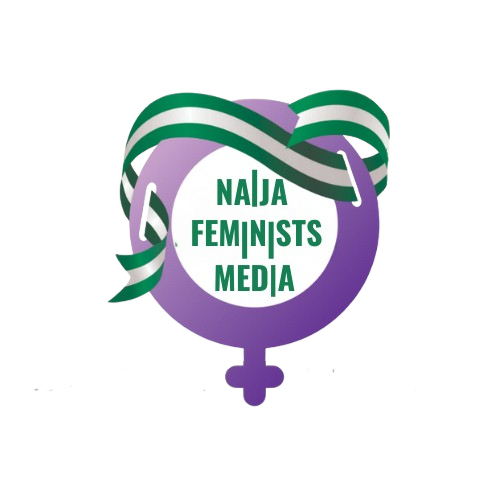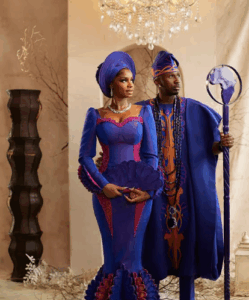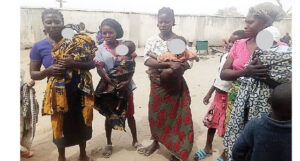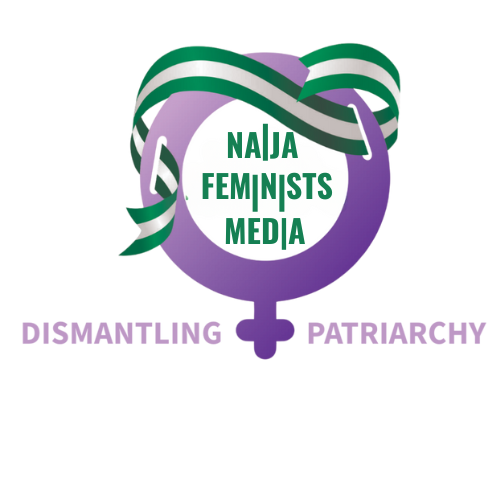|
Getting your Trinity Audio player ready...
|
Summary
Nigeria has officially signed and submitted its ECOWAS Tariff Offer at the AfCFTA Council of Ministers meeting in Kinshasa, establishing zero duties on 90 per cent of goods traded within Africa. Minister of Industry, Trade and Investment Jumoke Oduwole announced the development, calling it a major win for Nigeria’s economic strategy and a catalyst for business expansion across the continent.
In a bold, historic step towards deepening intra-African trade, Nigeria has officially signed and submitted its ECOWAS Tariff Offer at the African Continental Free Trade Area (AfCFTA) Council of Ministers meeting in Kinshasa, Democratic Republic of Congo.
Jumoke Oduwole, Nigeria’s Minister of Industry, Trade and Investment, announced the milestone on Monday, Apr. 14, describing it as a “significant win for Nigerian trade” and a bold statement of its commitment to the AfCFTA.
President Bola Ahmed Tinubu signed the ECOWAS Schedule of Tariff Offers, establishing zero duties on 90 per cent of goods traded within Africa. The move positions Nigeria as a key player in shaping the continent’s trade future and creates fresh opportunities for local businesses and exporters.
“This marks a major leap in Nigeria’s regional trade policy,” said Jumoke. “By eliminating tariffs on 90% of goods, we are not only strengthening our leadership within ECOWAS but also unlocking immense economic potential for Nigerian manufacturers, SMEs, and exporters.”
The Tariff Offer is a vital requirement under the AfCFTA Protocol on Trade in Goods, which mandates member states to liberalise 90%of tariff lines over a period of time. Nigeria’s formal submission aligns it with the broader ECOWAS bloc and signals readiness to fully participate in the guided trade initiative already underway among other African countries.
Jumoke added that this move would help reduce trade barriers, lower the cost of goods, and foster greater competitiveness for Nigerian products across the continent.
“This is not just about economics; it’s about positioning Nigeria to lead in the African trade renaissance,” she said. “Our businesses now have a real shot at reaching new markets and scaling across Africa under a unified, duty-free framework.”













